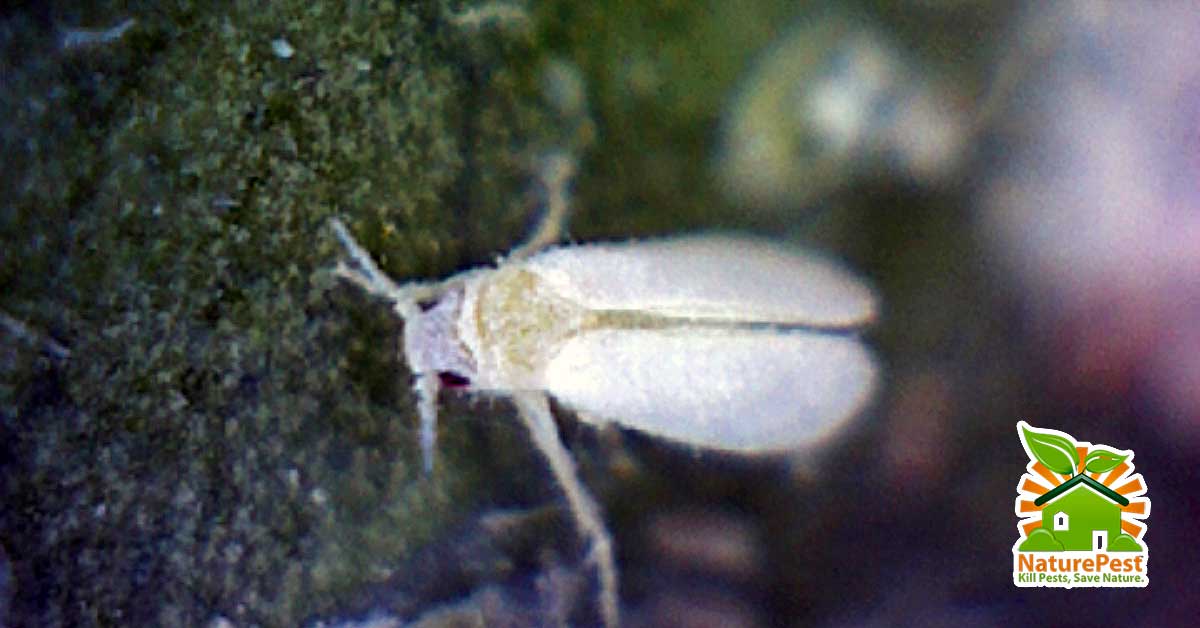Whiteflies pest insects are sucking piercing insects related to scale insects, mealybugs, and aphids causing damage to plants, trees, shrubs and palms in agriculture, nurseries and landscapes.
Whiteflies pest insects in South Florida Landscapes
Florida is home to over 75 species of whiteflies and worldwide there are over 1500 species of whiteflies some with resistance to insecticides.
The most popular in South Florida is the Ficus whitefly attacking only the Ficus benjamina verity and the rugose spiraling whitefly causing damage Gumbo limbo trees, palms and over 150 species of fruit trees, shrubs, tree and palms throughout south florida.
A native of Belize and Guatemala it entered South Florida in 2009 and it was first found in Doral Florida.
Whiteflies cause damage by sucking the nutrients out of the leaf of the plant in some cases causing leaf drop. Whiteflies are very prolific able to lay hundreds of eggs per whitefly in a short time span of just 30 to 60 days. This makes control through traditional methods of programmed spray programs almost impossible. As between most services you can have millions of whiteflies in various stages of life from egg to several molt cycles.
They also cause damage by excreting honey dew and then it turns into that black mold that falls to the ground staining floors, cars, and decks the honeydew attracts ants to your property.
Natural spray products are effective but must be applied on a weekly basis due to its biodegradability but it is the most natural way to control whiteflies without contaminating the environment and protect pollinators like bees and natural enemies such as parasitic wasps.
The use of synthetic pyrethroids or neonicotinoids as foliar sprays as part of a bimonthly or quarterly spray program are not effective at controlling the whiteflies because typically whiteflies have short life spans of about 30 days in which then can lay up to 200 eggs so in between sprays you have hundreds of thousands even millions of whiteflies. These types of services contaminate the environment killing bees and beneficials with little real control.
If a weekly natural spray is not for you then consider a systemic root drench treatment that offers long-term control from 6 months to one year with reduced pesticide exposure and protects pollinators and beneficials.

